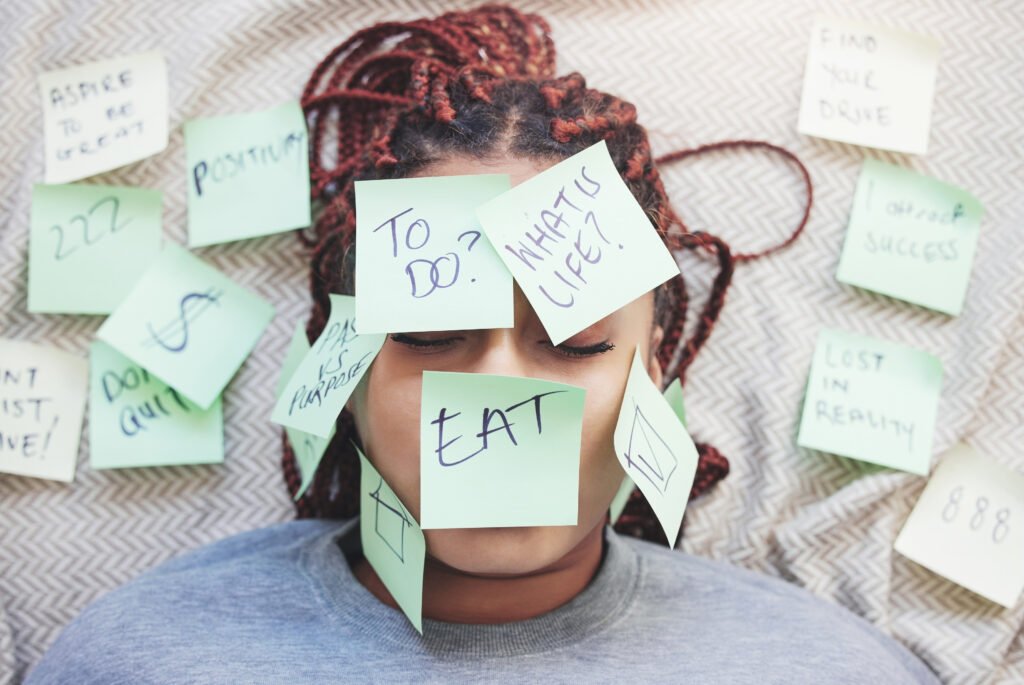
Ah, procrastination. The magical ability to find yourself alphabetizing your spice rack instead of starting that “big, important thing.” (I mean, who doesn’t need perfectly organized cumin in a crisis?)
Here’s the thing: procrastination isn’t about being lazy. For people with ADHD, it often stems from task initiation struggles, thanks to how our brains process motivation.
Why ADHD Brains Procrastinate
The ADHD brain craves dopamine—that feel-good chemical that makes things fun, exciting, or rewarding. Tasks that don’t immediately spark joy (hello, tax forms!) don’t produce enough dopamine, so your brain tries to protect you by doing something easier or more enjoyable.
But there’s hope! Over the years, I’ve worked with countless individuals who’ve turned procrastination into progress using a few tailored strategies.
3 ADHD-Specific Tricks to Tackle Procrastination
- The “First Ugly Draft” Strategy
- One client of mine, a graphic designer, would spend hours avoiding starting projects because they “needed to be perfect.” We reframed the first step as creating the ugliest draft possible. No pressure, no judgment—just action.
- Why it works: For ADHD brains, lowering the stakes makes it easier to get past the mental block of “it has to be amazing from the start.”
- The Two-Minute Rule
- A teacher I worked with couldn’t tackle grading papers without spiraling into overwhelm. We agreed she’d spend just two minutes sorting papers into piles. That’s it. By starting small, she often found herself finishing the task without realizing it.
- Why it works: Your brain loves momentum. Once you start, even for two minutes, the dopamine begins to flow, and the task feels less daunting.
- Add a Sprinkle of Fun
- A busy parent I helped hated meal prep. We turned it into a game: setting a timer and racing to “chop the most veggies in five minutes.” Bonus points for goofy dance moves in between!
- Why it works: Novelty and rewards (even silly ones) boost dopamine, making boring tasks more engaging for ADHD brains.
Why These Strategies Stick
Unlike neurotypical brains, ADHD brains need a little extra creativity to overcome procrastination. These tips aren’t about brute force—they’re about hacking your brain to work with you, not against you.
So next time you find yourself avoiding a task (or suddenly obsessed with organizing your sock drawer), try one of these. Your brain might surprise you!
Amy Harper